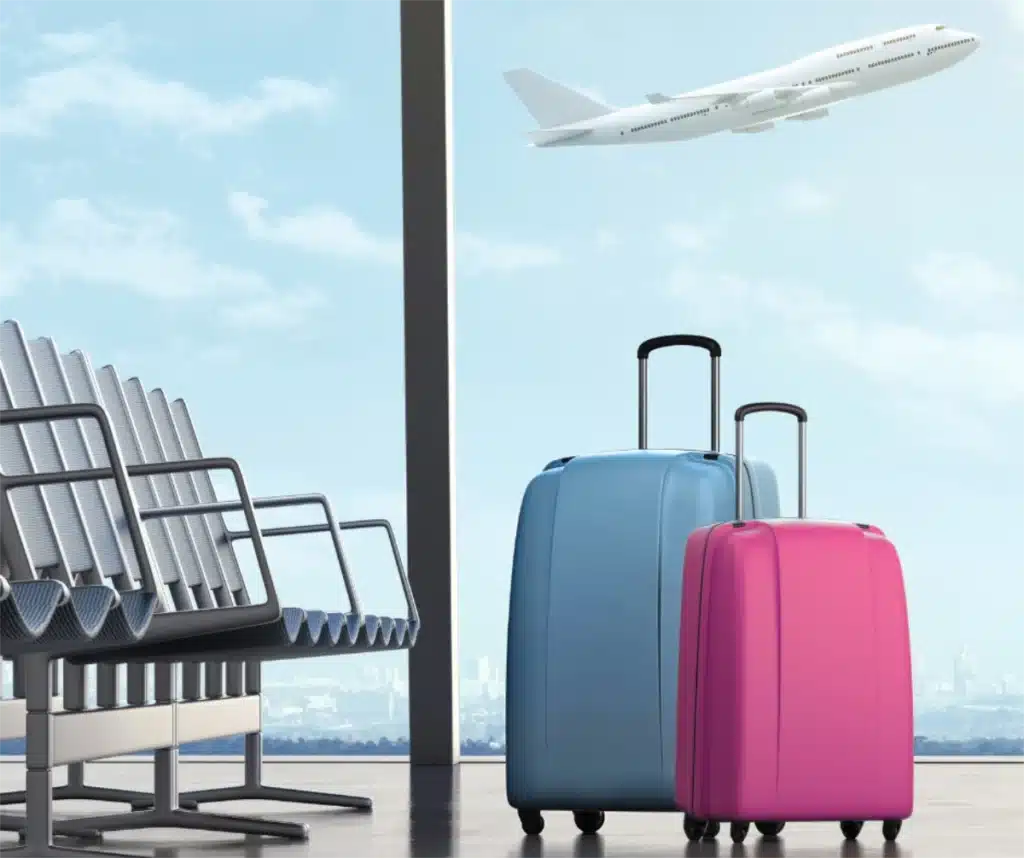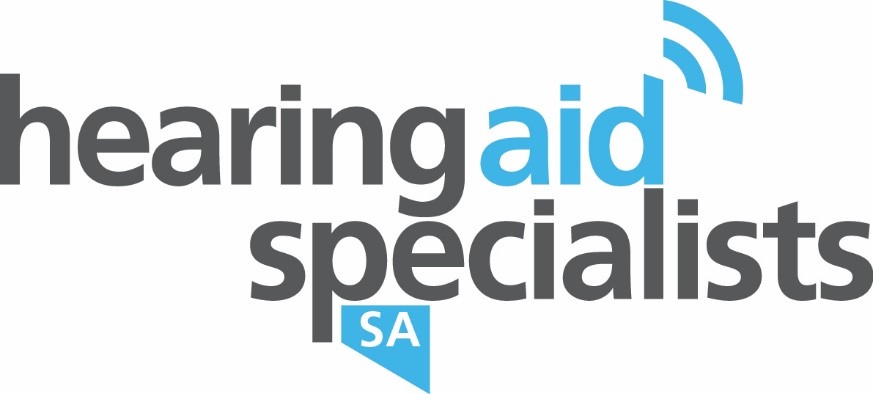Travelling with Hearing Aids: Battery Tips Every Traveller Should Know

Planning a holiday is exciting – but if you wear hearing aids, it also means making sure your devices are ready to travel with you. Whether you’re heading across the country or overseas, being prepared with the right knowledge and supplies can make all the difference. One of the most important things to think about? Hearing aid batteries.
Here’s everything you need to know to keep your hearing aids powered up, wherever your travels take you.
1. Stock up before you go
The last thing you want is to run out of power halfway through your trip. Hearing aid batteries aren’t always easy to find, especially in remote areas or countries where your specific brand or size may not be available.
Before you leave, make sure you have more than enough batteries to last your entire journey – and then some. A good rule of thumb is to bring double what you think you’ll need, just in case of unexpected delays, temperature changes, or extra usage during your travels.
If you use rechargeable hearing aids, pack your charging station, adapter, and a portable power bank. Remember that some regions use different plug types and voltage standards, so it’s worth investing in a universal travel adapter before you leave.
2. Keep batteries in their original packaging
It can be tempting to toss a few spare batteries into your bag or pocket, but that’s a mistake. Hearing aid batteries should always be stored in their original packaging until you’re ready to use them. Why? Because loose batteries can short-circuit if they come into contact with metal items like keys, coins, or zippers. This can drain their power or even cause them to overheat. Keeping them sealed and stored correctly helps maintain their charge and ensures they’re ready when you need them.
A small plastic hearing aid case or zippered pouch is perfect for keeping batteries safe and organised while you’re on the move.
3. Consider the climate
Temperature and humidity can affect hearing aid batteries more than most people realise.
• Cold climates can slow down the chemical reactions inside zinc-air batteries, reducing their lifespan.
• Hot or humid environments can cause moisture build-up, corrosion, or even battery leakage.
If you’re travelling somewhere with extreme weather, store your spare batteries in a cool, dry place. Avoid leaving them in a car, near heaters, or exposed to direct sunlight.
When using your hearing aids in tropical or humid regions, it’s also a good idea to pack a dehumidifying kit or small drying container. These remove moisture overnight and help protect both your hearing aids and batteries.
4. Recharge smartly while travelling
For those using rechargeable hearing aids, travelling adds a few extra considerations. Always pack your charger and power cables in your carry-on, not your checked luggage. This way, you’ll have access to them if your bags are delayed or misplaced.
If you’re going off-grid – perhaps camping or taking a long flight – consider investing in a portable power bank, specifically suited to your hearing aids charging case, that can provide a few full recharges.
When flying internationally, remember that some hearing aid chargers may not be compatible with local voltage standards. A dual-voltage adapter (110V–240V) is an easy solution to ensure your charger works anywhere in the world.
5. Pack batteries in your carry-on
It’s always best to keep your hearing aids and batteries in your carry-on luggage. Not only does this protect them from extreme temperatures in the cargo hold, but it also ensures you have access to them if your checked bags are lost.
Airline security staff are familiar with hearing aids and hearing aid batteries, so you shouldn’t have any issues at checkpoints. Still, it can be helpful to keep them in a small, clearly labelled bag and let the attendant know you’re carrying them.
6. Know how to extend battery life
No one wants to spend precious holiday time changing batteries. To make your hearing aid batteries last longer while travelling:
• Open the battery door when not in use, especially overnight. This prevents moisture build-up and conserves energy.
• Wait a minute or two after removing the battery tab before inserting it – this allows air to activate the zinc properly.
• Turn off your hearing aids when not needed, such as when you’re sleeping or swimming.
• Store them in a cool, dry case away from direct sunlight or heat sources.
Following these small steps can help you get the most out of each battery, no matter where you are.
7. Check local availability
If you’re planning an extended stay abroad, research whether hearing aid batteries are readily available at your destination. Major cities often have audiologists, audiometrists, pharmacies, or hearing centres that stock them, but smaller towns may not.
Knowing where to find replacements – and confirming that they match your hearing aid model – can save a lot of stress if you unexpectedly run low.
8. Don’t forget maintenance supplies
Along with your batteries and charger, pack a few other essentials to keep your hearing aids in top condition:
• A cleaning brush and cloth
• Extra domes or wax guards
• A drying container or dehumidifier
• User manual or quick guide
Being prepared means you can handle small issues on your own without interrupting your trip.
Enjoy the journey – fully connected
Travelling with hearing aids doesn’t have to be stressful. With a little preparation and attention to your hearing aid batteries, you can stay connected, confident, and ready to enjoy every experience along the way.
Whether you’re exploring new cities, visiting family, or relaxing by the beach, knowing your hearing aids are powered and protected ensures you won’t miss a single sound.
Need reliable hearing aid batteries before your next trip?
Contact Hearing Aid Specialists SA to explore our full range of high-quality batteries and hearing accessories – designed to keep you hearing your best, wherever life takes you.
Visit us today at a clinic near you:
North Adelaide l Ingle Farm l Castle Plaza l NorthPark l St. Agnes l Moonta l Gawler l Golden Grove l Munno Para l Angle Park l West Lakes
